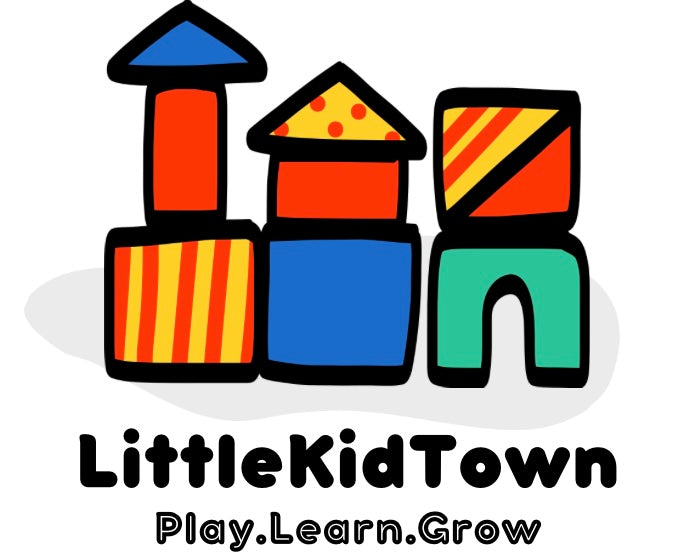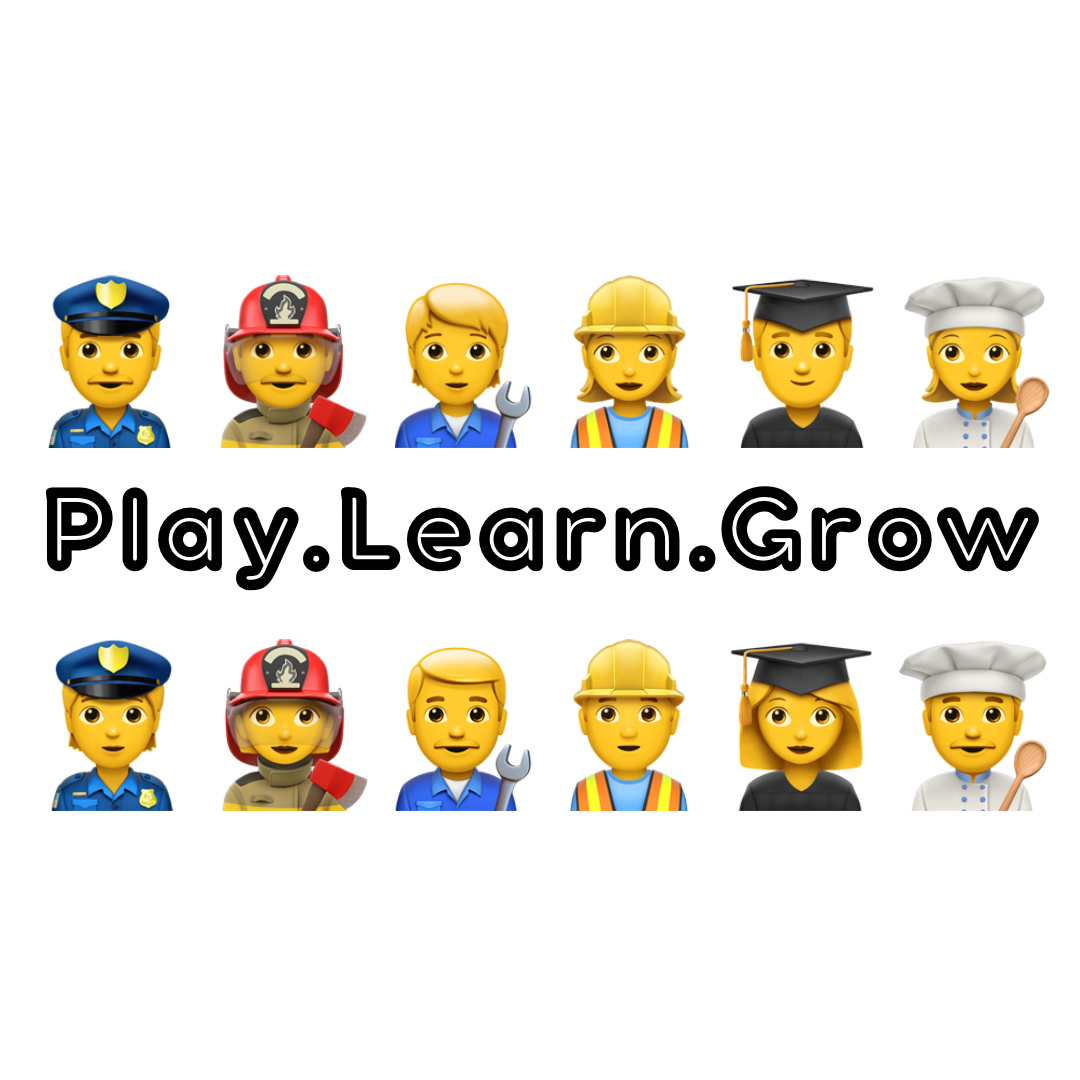Role-playing is a fun and engaging activity that can offer numerous benefits to pre-school children. Through role-playing, children can develop important skills such as problem-solving, empathy, creativity, and communication. In this blog post, we'll explore the benefits of pre-school children role-playing and why it is such a valuable activity.
- Develops Problem-Solving Skills
Role-playing allows pre-school children to develop their problem-solving skills. When children engage in role-playing, they encounter situations that require them to make decisions and solve problems. For example, they may have to figure out how to share toys or resolve conflicts between characters in their imaginary world. By using their imaginations and working through these scenarios, children develop critical thinking skills that they can use in real-life situations.
- Promotes Empathy
Role-playing also promotes empathy in pre-school children. Through role-playing, children can put themselves in other people's shoes and experience different perspectives. This helps them to understand and appreciate the feelings and thoughts of others. For example, if a child is role-playing as a doctor, they may gain a better understanding of what it feels like to be a patient and have empathy for those who are sick or injured.
- Encourages Creativity
Role-playing encourages pre-school children to use their imaginations and be creative. When children engage in role-playing, they have the opportunity to create their own stories and characters. This helps to develop their creativity and fosters a sense of individuality. Through role-playing, children can explore new ideas and express themselves in a safe and supportive environment.
- Improves Communication Skills
Role-playing can also improve pre-school children's communication skills. When children engage in role-playing, they must communicate with others and express themselves clearly. This helps them to develop their language skills and gain confidence in their ability to communicate with others. Role-playing also provides opportunities for children to practice active listening and responding to others, which are essential skills for effective communication.
- Develops Social Skills
Finally, role-playing helps pre-school children develop important social skills. Through role-playing, children learn how to interact with others, share toys and ideas, and work together to achieve common goals. This helps them to develop social skills such as cooperation, negotiation, and compromise. Role-playing also helps children to build friendships and develop a sense of belonging within a group.

